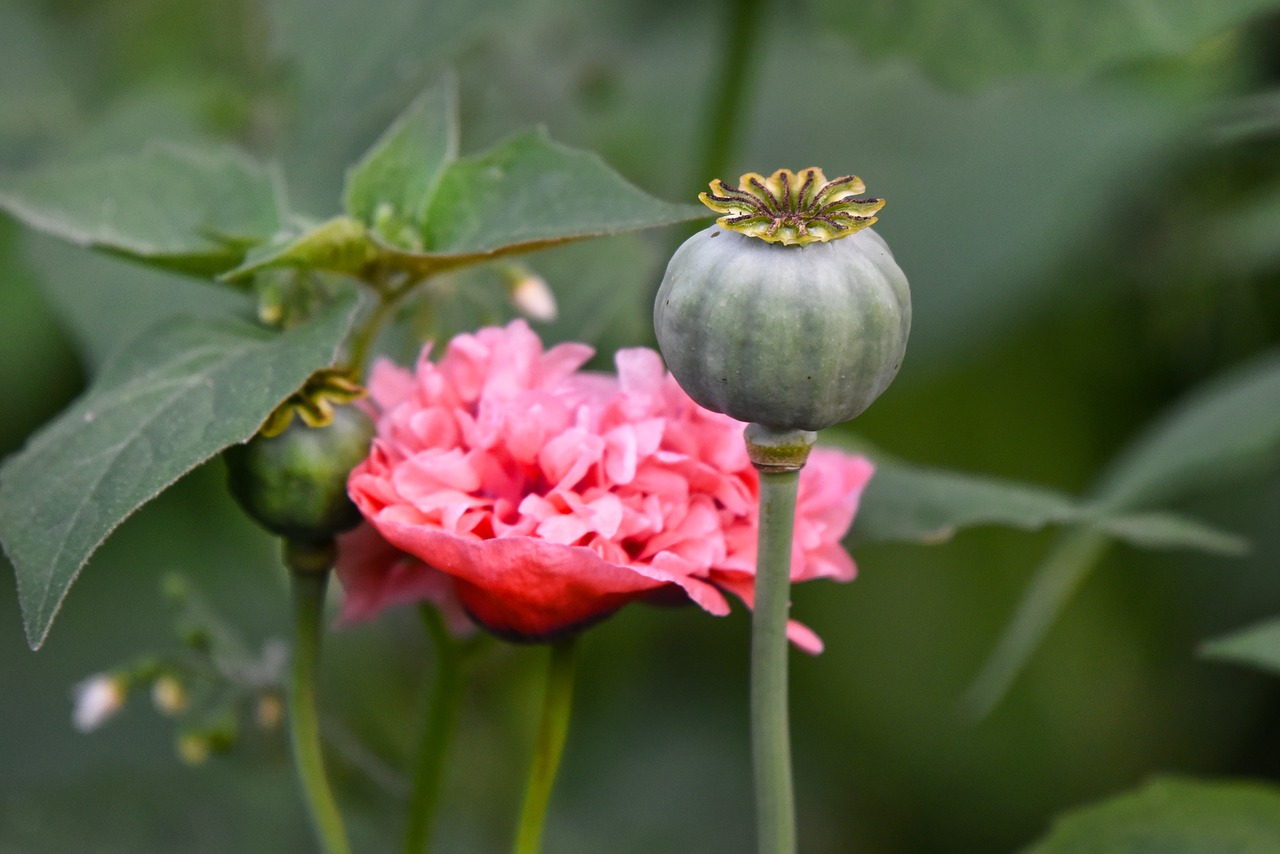Despite $8.6 billion spent on the eradication of opium in Afghanistan over the past seventeen years, the US military has failed to stem the flow of Taliban revenue from the illicit drug trade. Afghanistan produces the majority of the world’s opium, and recent U.S. military escalations have failed to alter the situation. According to a recent piece in the Wall Street Journal:
[timeless]
Q2 hedge fund letters, conference, scoops etc

Nine months of targeted airstrikes on opium production sites across Afghanistan have failed to put a significant dent in the illegal drug trade that provides the Taliban with hundreds of millions of dollars, according to figures provided by the U.S. military.
This foreign war on drugs has been no more successful than its domestic counterpart. If U.S. military might cannot suppress the underground market, local police forces have no hope. Supply-side repression does not seem to work, and its costs and unintended consequences are large.
Research assistant Erin Partin contributed to this blog post.
Reprinted with permission from Cato at Liberty.
Jeffrey Miron is a Senior Lecturer and Director of Undergraduate Studies in the Department of Economics at Harvard University, as well as a senior fellow at the Cato Institute.
This article was originally published on FEE.org. Read the original article.
![]()

